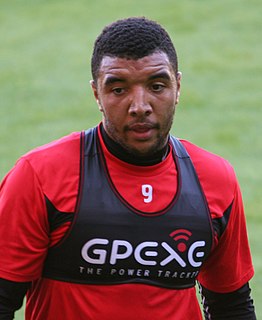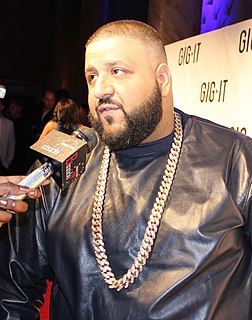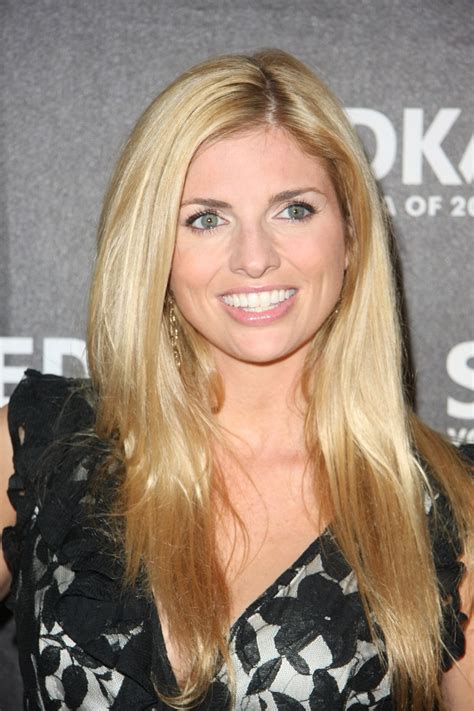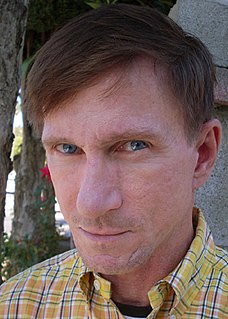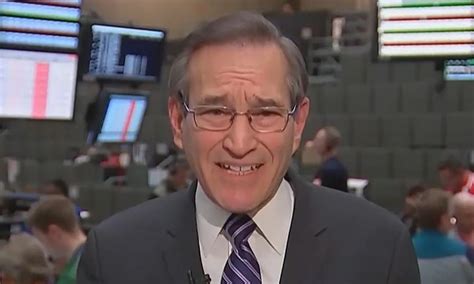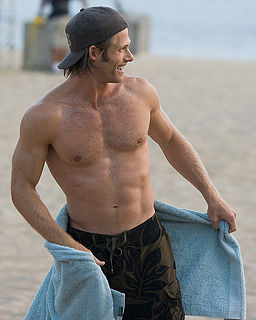A Quote by Tom Green
When I started my show, it was a public access show in Canada, and I was a broadcasting student in the early '90s, years before I was on MTV. We were kids sort of experimenting and trying to take on the system - you know, the media machine.
Related Quotes
I was a crazy Pee-wee Herman fan when I was in my early teens. Before he had the kids' TV show, he had a nightclub show in L.A., and I had gotten a VHS copy of it. It was a kids' show, but onstage in a bar, so it's sort of poking fun at the kids' show. And I was obsessed with that, and then 'Pee-wee's Big Adventure.'
I used to do stand-up when I was in high school. But I was also making beats for this rap group, and when we got a record deal, I sort of stopped doing the comedy and focused on the music instead. When that ended, I decided to go back to school, take broadcasting, and start my show on public-access TV.
Certainly when I was a kid, in the early '90s, men couldn't show weakness. It was very much a case of suppressing pain and getting on with it. I remember when I was six years old, I was playing football with kids who were three years older when, one day, I fell over and began to cry. And my dad was like, 'Don't ever let someone see you cry.'
This was early '90s and in New York hip-hop was coming on really strong; that was the sort of urban folk music that was almost threatening to eclipse rock music and indie rock music in terms of popularity, which it has certainly gone on to do. But you know, this is the end of the 1980s, beginning of the '90s. The whole independent label thing has really evolved to this incredible point from the early '80s when we started, and there wasn't one record label at all, until a couple people started forming these small labels.
In the case of the Web, each of us has slightly more access to a mass audience - a few more people slide through the door - but Facebook is finally a crude, personal multimedia conglomerate machine, personal nation-state machine, reality-show machine. New gadgets alter social patterns, new media eclipse old ones, but the pyramid never goes away.
People are gonna think that MTV censored me, and they really didn't. I really wanted to try to make a show that didn't rely on offensive, edgy material because I think it was an exercise in trying to write without that. Because I see that as a crutch sometimes and I want to know that I can do something funny and worthwhile without that. And also make a show that my parents would like and that kids could watch with their parents.
When I came to Nashville, I was sort of experimenting with a new identity, experimenting with the country world and country writers. I realized I needed to take a step back from that, to be true to some of the music I've been doing over the years and to put that into the world before I move forward and redefine myself again.


